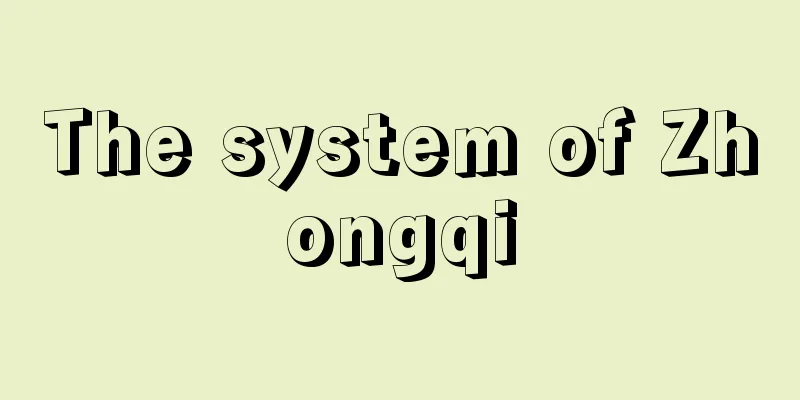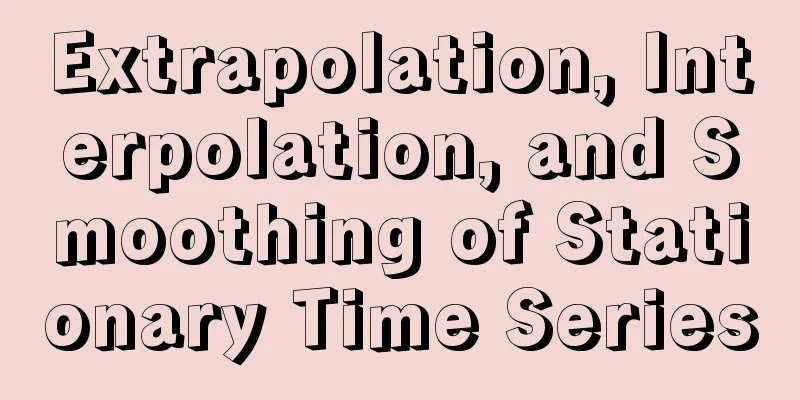Zhang Binglin

|
A Chinese thinker and scholar from the late Qing to the early Republic of China. His pen name was Meishu and his pen name was Taiyan. He was born on November 30, 7th year of the Tongzhi era (January 12th in the Gregorian calendar) in Yuhang County, Zhejiang Province. At a young age, he studied historical research under Yu Yue, the greatest scholar of the late Qing. He did not like the Gongyang studies of the modern literature school that was popular at the time, and became a demonstrative scholar of classical literature. Shocked by Japan's defeat in the Sino-Japanese War, he was involved in the Reform Movement in a unique way as a journalist. The Boxer Rebellion of 1900 prompted him to decide to start a revolution, and in 1902 (Meiji 35), he tried to hold a "242nd Anniversary of the Fall of China" in Japan, but was prevented from doing so. In 1903, he wrote "A Book Refuting Kang Youwei and Discussing Revolution" in Su Pao, in which he criticized the top-down reformism of Emperor Guangxu led by Kang Youwei and others, called for a bottom-up revolution led by the Han people, and stirred up public support for the revolution. This led to his imprisonment (Su Pao incident). After his release from prison in 1906, he came to Japan and became editor-in-chief of Min Pao, the central organ of the revolutionaries. He published works such as "Revolutionary Morality" and "Five Non-Considerations," and deepened his revolutionary ideas by exploring how revolutionaries and revolutions should be, such as advocating revolutionary morality based on the Buddhist ideas of Huayan and Fasso, and positioning nationalism based on the doctrine of non-life. Later, he fell out with the Sun Yat-sen faction, was cut off from funding, and shortly thereafter Min Pao was banned. He returned to China in November 1911, immediately after the Xinhai Revolution. In order to maintain the Republic of China, he organized the Republic of China United Association with the former constitutionalists. He placed his hopes of maintaining the Republic on Yuan Shikai, whose character he had doubts about, and underestimated the revolutionaries Sun Yat-sen and Huang Xing, and parted ways with them. He later became anti-Yuan and was imprisoned, but he thoroughly criticized Yuan. After Yuan's death in 1916, he was released, and thereafter he gradually retreated from politics, devoting himself to guiding the younger generation and writing academic books as a master of "national learning." He was critical of the New Culture Movement and was at odds with the new intellectuals, but in his later years, as Japanese aggression intensified, he criticized the Nationalist government's policy of non-resistance and advocated resistance to Japan. His works are included in the "Zhangshi Congshu." [Shuzo Agawa March 18, 2016] "The Collected Works of Zhang Binglin: National Revolutionary Thought in the Late Qing Dynasty, edited and translated by Nishi Junzo and Kondo Kuniyasu (Iwanami Bunko)" ▽ "Zhang Binglin, Zhang Shizhao, and Lu Xun: Life and Death in the Xinhai Era, by Takada Jun (1974, Ryukei Shobo)" ▽ "Research on the History of Modern Chinese Thought, by Kondo Kuniyasu (1981, Keiso Shobo)" [Reference items] | | |Source: Shogakukan Encyclopedia Nipponica About Encyclopedia Nipponica Information | Legend |
|
中国、清(しん)末から中華民国初期の思想家、学者。字(あざな)は枚叔(ばいしゅく)。号は太炎。同治7年11月30日(西暦1月12日)浙江(せっこう)省余杭(よこう)県に生まれる。若くして清末最大の学者兪樾(ゆえつ)に考証学を学び、当時流行していた今文(きんぶん)学派の公羊(くよう)学は好まず、実証的な古文学者となった。日清戦争の敗北に衝撃を受け、変法運動にはジャーナリストとして独特な形でかかわった。1900年の義和団事件を契機に革命を決意し、1902年(明治35)日本で「支那(しな)亡国二四二年紀念会」を開こうとしたが阻止された。1903年『蘇報(そほう)』に「康有為(こうゆうい)を駁(ばく)して革命を論ずる書」を書き、康有為らの、光緒帝(こうしょてい)による上からの改良主義を批判し、漢民族による下からの革命を訴え、革命支持の世論を喚起した。これがもとで下獄(『蘇報』事件)。1906年出獄後来日し、革命派の中央機関誌『民報』の主筆となり、「革命の道徳」「五無論」などを発表し、仏教の華厳(けごん)・法相(ほっそう)思想による革命道徳の提唱、無生主義による民族主義の位置づけなど、革命家はいかにあるべきか、革命はいかにあるべきかを追究し、革命思想を深化させた。のち、孫文(そんぶん)派と不和になり、資金を断たれ、その直後に『民報』が発禁となった。辛亥(しんがい)革命直後、1911年11月帰国し、中華民国を維持するため、旧立憲派と中華民国連合会などを組織し、人物に疑いをもっていた袁世凱(えんせいがい)に民国維持の望みをかけ、孫文、黄興(こうこう)ら革命派を過小評価し、彼らとたもとを分かった。のち、反袁に転じ幽閉されたが、袁を徹底的に批判した。1916年袁の死後釈放され、以後しだいに政治から離れ、「国学」大師として後進の指導、学問著述に専念した。新文化運動に際しては批判的で新知識人と対立したが、晩年、日本の侵略が激化すると、国民政府の不抵抗策を批判し、抗日を主張した。著作は『章氏叢書(そうしょ)』に収められている。 [阿川修三 2016年3月18日] 『西順蔵・近藤邦康編訳『章炳麟集――清末の民族革命思想』(岩波文庫)』▽『高田淳著『章炳麟・章士釗・魯迅――辛亥の生と死と』(1974・龍渓書舎)』▽『近藤邦康著『中国近代思想史研究』(1981・勁草書房)』 [参照項目] | | |出典 小学館 日本大百科全書(ニッポニカ)日本大百科全書(ニッポニカ)について 情報 | 凡例 |
<<: Zhaobi (light-covered wall)
Recommend
Gate division - Kadowari
Agricultural management, agricultural policy, and...
Chinese Copper Seals - Kando Inpu
…There are three main types: (1) Collections of a...
Formation lawsuit - Keisei Sosho
A lawsuit that seeks a judgment to change existing...
Bell's palsy (English spelling)
…A disease that causes motor paralysis of the fac...
Afternoon Dress
Daytime formal attire for women, mainly for the af...
Deformed dislocation - deformed dislocation
...Therefore, the way in which a baby's diape...
Prince Osabe
Year of death: 27 April 775 (30 May 775) Year of b...
Narwhal (one horn) - Narwhal (English spelling)
A mammal of the family Narwhalidae (illustration)....
Current transfer, capital transfer
A transfer of purchasing power from one economic e...
Sennan [village] - Sennan
A village in Senboku District, central Akita Prefe...
Wild Goose Bath - Ganburo
〘Noun〙 A custom said to involve gathering up falle...
Dositej Obradović (English spelling)
1739?-1811 Yugoslav writer, philosopher, and educa...
IBM Headquarters Building - IBM Headquarters Building
...110 stories, 443 meters high). Today, with eff...
Alpa
A harp used throughout Latin America. It originate...
Ushiyu - Ushiyu
Taking a bath on the day of the Ox in the Doyo per...









